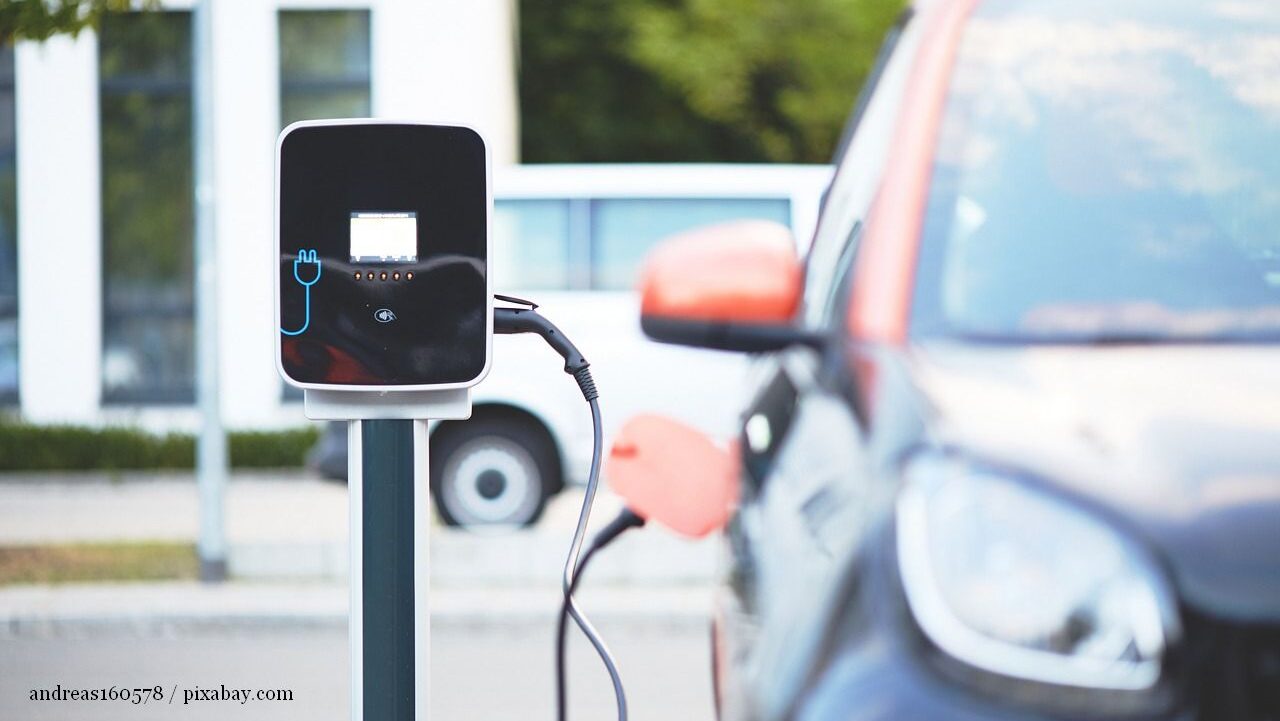Romania and Moldova
Romanian-Moldovan relations in the context of marking 98 years since Bessarabia proclaimed its union with Romania

Roxana Vasile, 25.03.2016, 13:16
This weekend will mark 98 years since the National Council voted Bessarabia’s unification with the Kingdom of Romania, on March 27, 1918. Voted at the end of the First World War and in the wake of the disintegration of the Russian Empire, the document represents the first fundamental act of the Romanian state. Later that year the historical provinces of Bukovina, Transylvania, Banat, Maramures and Crisana, previously annexed by the Habsburg Empire, also joined what would be known as Grater Romania.
For Bessarabia however, the union lasted only 22 years. In the summer of 1940, following an ultimatum issued by Moscow, Stalin annexed both Bessarabia and Northern Bukovina, which are today the territories of Moldova and Ukraine. Hundreds of Bessarabians fled the country at the time, and others tens of thousands were deported to Siberia or to Kahzahstan, being replaced with colonists from all the corners of the former empire.
“Today’s republic is not the Bessarabia of 1918, neither in terms of its demographic structure, nor in terms of territory and borders. The Republic of Moldova is today much more divided then the Bessarabia of 1918, from a political, administrative, ethnic, linguistic and religious point of view”, the Moldovan Ambassador to Bucharest Mihai Gribincea has said. In an interview to Agerpres news agency, the Moldovan official has warned that the nearly half a century of Russian occupation makes it hard to cast away the ghost of the former Soviet regime. An outspoken advocate of Moldova’s European integration, Mihai Gribincea says the prospective unification with Romania, an idea gaining traction both in Bucharest and in Chisinau, should be dealt with realistically, wisely and sensibly.
In recent years, people of both countries took part in unionist rallies under the slogan “Bessarabia is Romania!” Many of them were inspired by the belief that the only solution for Moldova, commonly seen as Europe’s poorest country with a deeply corrupt political class and divided by the pro-Russian separatism in Transdniester, would be the unification with Romania, an EU and NATO member state, with a functional rule of law and with a GDP per capita 20 times bigger than Moldova’s.
The unification centennial of 2018 is drawing near, fuelling unionist undertones in the media and society. In recent years Bucharest has been a fierce supporter of the sovereignty and territorial integrity of Moldova, as well as of its European integration efforts.
(Translated by V. Palcu)






























